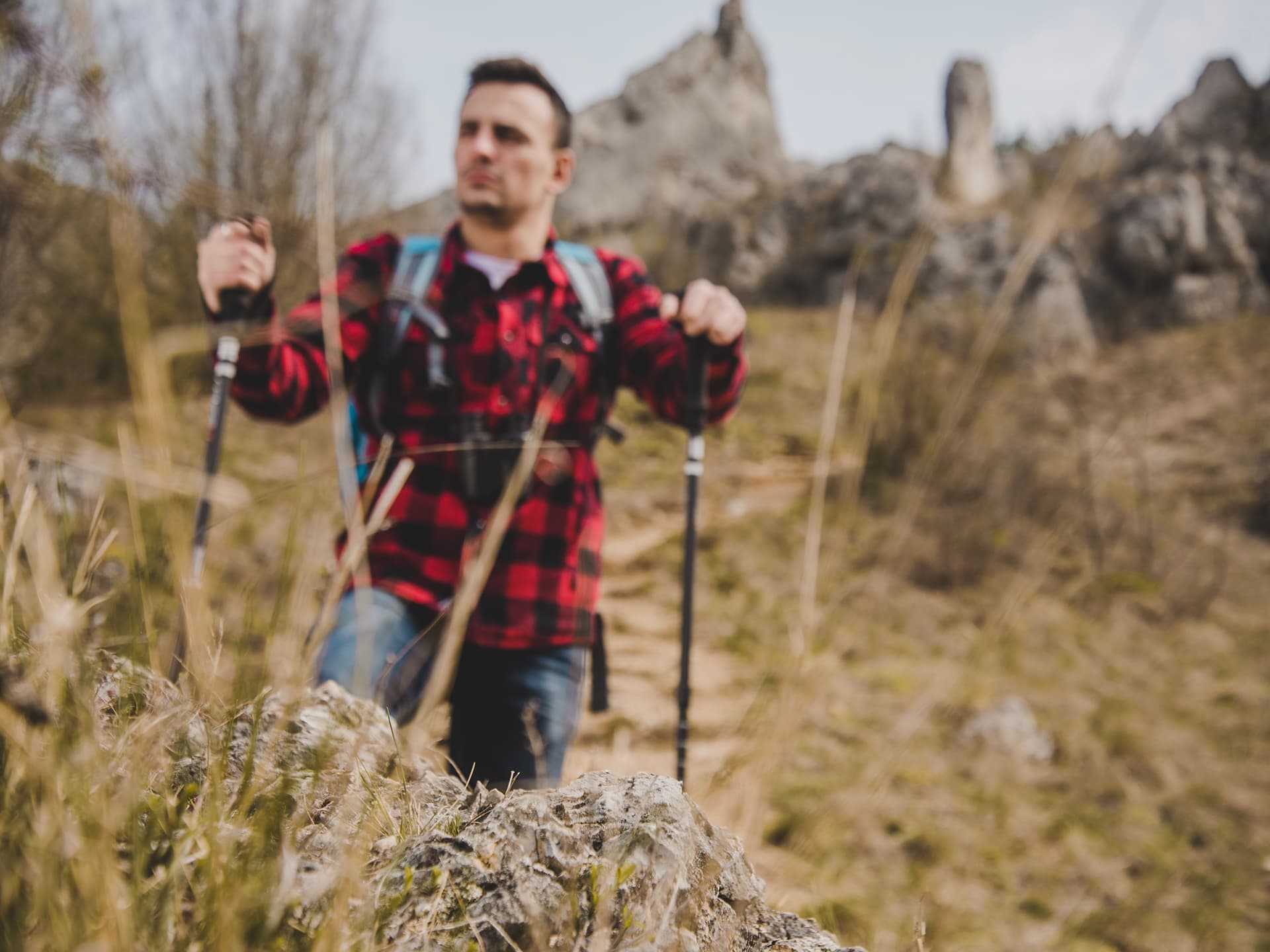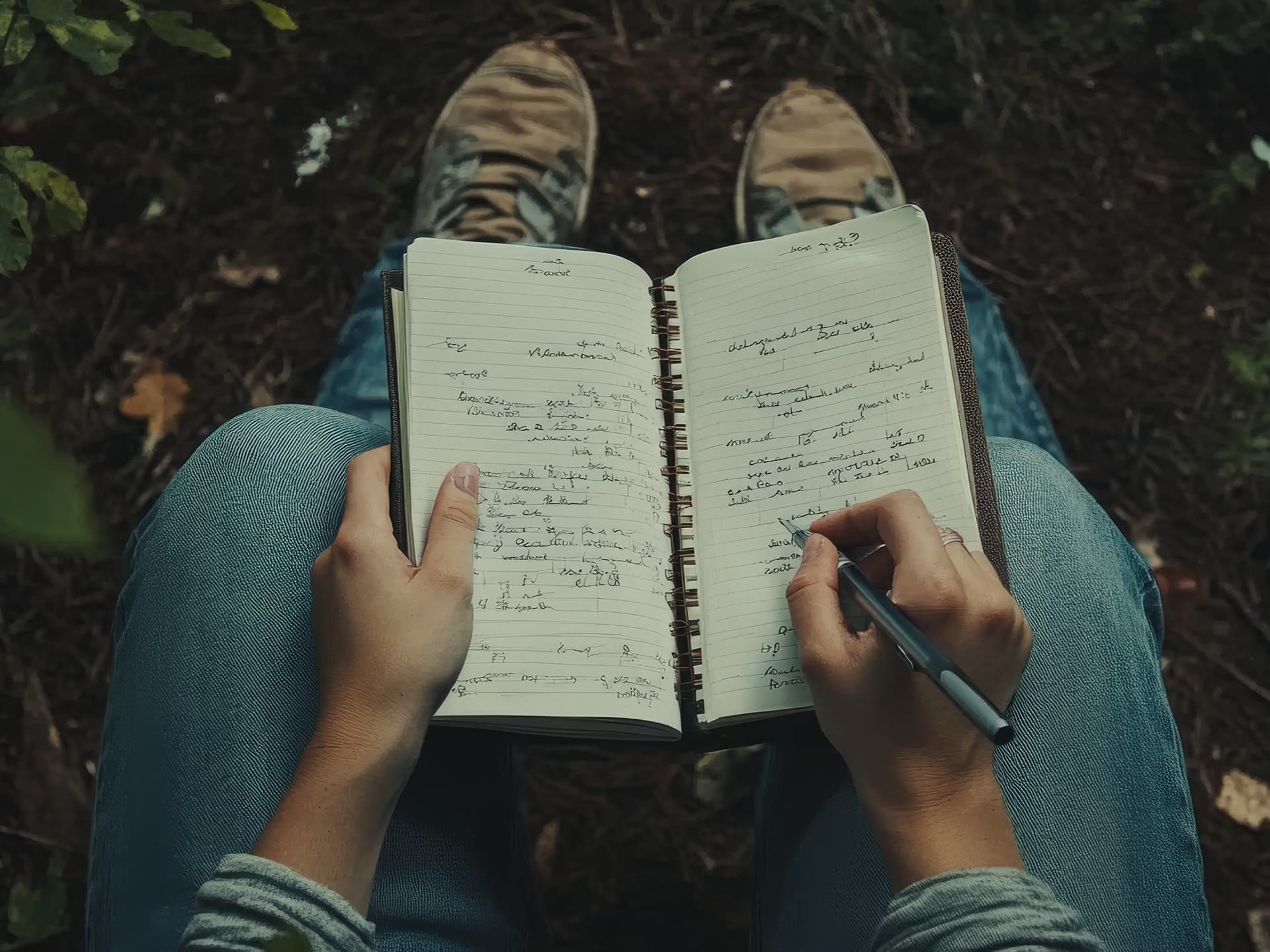Mental preparation
Discover why your mind is your most valuable ally on the journey
The importance of mental health
Walking for days, weeks, or even months demands physical endurance, but it also requires significant psychological balance. Often, it’s the mind – not the body – that truly tests your determination. Solitude, fatigue, and abrupt changes in routine can breed doubt, insecurity, or discouragement. Mental preparation means learning to recognize and manage these emotions, transforming them into opportunities for personal growth.







